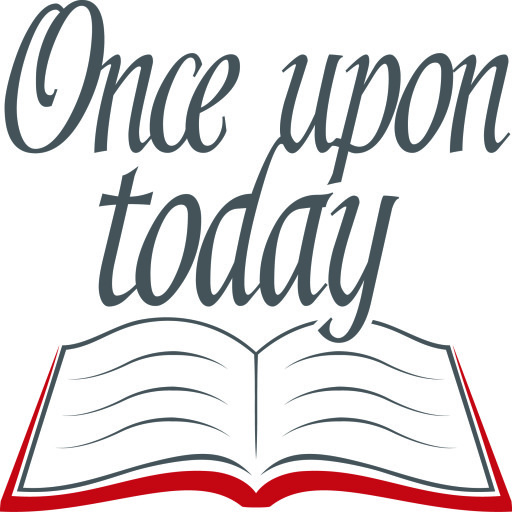By Ayse Kizilkulak
After finding out what identity means to us yesterday, today we discussed about what might be a definition of identity. For waking up and sharpen our brains and to focus, the energizer in the morning helped a lot to start the exciting day. The following explanations from a more scientific view of Andrea and Tanja in the presentation fit perfectly into the gaps in our own individual thoughts about identity. We learned: Four big areas (History-Community-Memory-Narratives) are important to understand what can built up identity and it was very exciting to discuss how this areas could probably influence us in our understanding of identity. Afterwards we continued working in little groups. Our group discussed narratives and the process of finding some common idea of what we want to present as a narrative was interesting as everyone had to clarify what forms of narrative exist and how important they are. We got the idea of anthems. Anthems, originally developed through many different ways like poetry, are full of emotions and give us the feeling of belonging into a (/our) cultural context even in completely different events where we never would have thought it would.
The presentations were interesting and creative: The “History-Identity” group performed mute the happenings in 1989 and it was interesting to see what other nations like Ukraine, Estonia and Moldova felt connected with this date. Also the results of the “Memory-Identity” group were enriching as we could learn about how we tend to remember only the nice things of our childhood – these little things which made us happy rather than historical facts which could highlight the negative parts of e.g. the terrible living condition in a society at a certain time of our lives and how this way of memory could have influenced us. A lovely story of a participant warmed the heart by saying that even though she and her family didn’t have light in their city after 6 pm in the evening it is a nice memory of this period of her life, her childhood, as her father told her stories in the dark. Listening to the interesting opinions of our Moldovan and Estonian friends about what for them is/was a “typical Soviet-Union-looking house” was exciting and new. The workshop was very enriching and gave us the sensibility to divide the four areas even though this seems sometimes difficult and how they influence our perception of what identity is.
Thank you for all participants to have made this workshop a valuable experience today!
[print_gllr id=1101]
